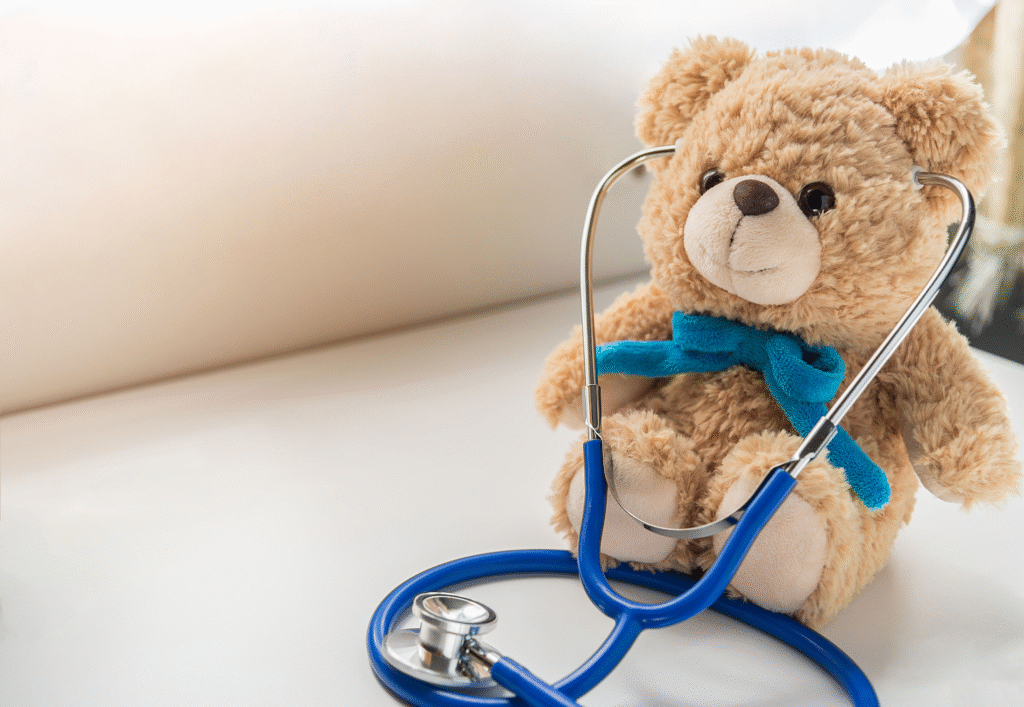Pediatrics and medical device monitors for chronic disease tracking are revolutionizing how healthcare is delivered to children. Remote Patient Monitoring (RPM) technologies are particularly impactful, enabling continuous data collection and proactive management of health issues from the comfort of a child’s home.
Benefits of RPM in Pediatric Chronic Disease Management:
Real-time Monitoring and Early Intervention: Devices continuously gather data, allowing for quick recognition of potential health issues and timely interventions, often before they become critical. This can prevent minor issues from escalating into serious medical conditions
Enhanced Access to Care: RPM reduces the logistical hurdles of travel for families, especially those in rural or underserved areas, by enabling care delivery at home. This significantly improves health equity.
Improved Patient and Caregiver Engagement: By actively tracking health metrics and communicating easily with providers, parents and children become more engaged in managing their health, leading to better adherence to treatment plans and improved outcomes. Gamified elements in some devices can make health management more appealing to children.
Reduced Hospital Stays and Emergency Department Visits: Proactive management through RPM can significantly decrease the need for hospital admissions, emergency department presentations, and shorter lengths of stay when hospitalization is necessary. This also contributes to lower healthcare costs.
Tailored Treatment and Data-Driven Decisions: The continuous stream of data provides a more comprehensive view of a child’s health, allowing healthcare providers to customize treatment plans and make informed decisions based on real-time insights and long-term trends.
Increased Comfort and Continuity of Care: Children can receive care in their familiar home environment, promoting a sense of comfort and reducing the distress often associated with hospital

Better Communication: RPM platforms often include features for secure messaging and video conferencing, fostering stronger relationships and improved communication between healthcare providers, patients, and their families.
The integration of medical device monitors for chronic disease tracking in pediatrics is a powerful tool for enhancing care, promoting self-management, and improving outcomes. However, realizing its full potential requires continuous innovation, careful attention to ethical considerations, and a supportive regulatory environment that prioritizes the unique needs of children.
The transformative potential of medical device monitors and RPM in pediatrics for chronic disease tracking is undeniable, promising a future of more personalized, proactive, and accessible care for children.
